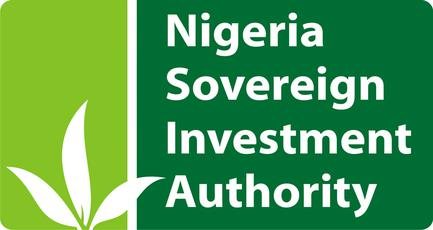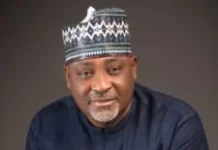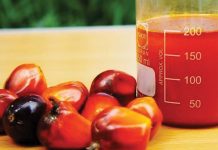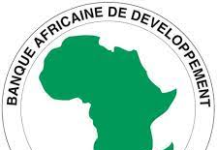The Nigeria Sovereign Investment Authority (NSIA) has stated that investments in advancing local farming is yielding result with made-in-Nigeria fertiliser rising to 2.22 million metric tonnes.
The NSIA managing director, Mr Uche Orji who disclosed this in an interview in Abuja, noted that NSIA’S investment was to provide affordable fertilisers throughout the year to farmers.
“As at December 2016, Nigeria’s stock of blended fertiliser (finished goods) was imported into the country while urea and limestone were locally available.
The President, Muhammadu Buhari had inaugurated the Presidential Fertiliser Initiative (PFI) for the local production of blended NPK 20:20:10 fertiliser.
While speaking on the project, he said “The objective of the project is to deliver commercially significant quantities of affordable and consistently high-quality fertiliser at the right price and in time to Nigeria’s over 500,000 farmers across the country. The target retail price regime at the time was between 50 per cent and 65 per cent of the prevailing market price,’’.
Mr Uche added that after one year of running the programme, NSIA discovered that the importation of finished fertiliser had reduced tremendiously
“The success of the PFI is evidence enough that Nigeria can sustainably produce fertilisers locally at a reasonable price without subsidy. With the right model, any constraint can be addressed,’’ he said.
Speaking further, he said the investment in fertiliser production, provided jobs and the nation had saved a significant amount in foreign exchange and subsidy payment adding that NSIA had about $2.2 billion in assets as at December 31, 2017.
The PFI is an initiative of President Muhammadu Buhari, setup to end fertiliser importation and impact on the country’s foreign exchange reserves. It was put in place to stimulate significant economic activities across the agriculture value chain and spready growth by providing fertilisers to farmers during rainy season.
Before 2017 farming season, Buhari assigned a special committee to look into and bridge the gaps in the production and distribution of fertiliser in Nigeria.













